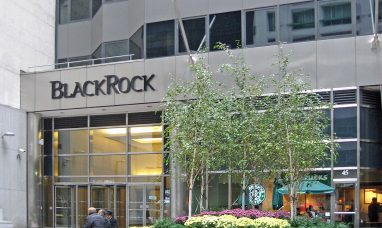Target (NYSE:TGT) reported a substantial increase in third-quarter profits, surpassing Wall Street expectations due to cost management and inventory reduction. However, revenue slipped over 4% as customers, burdened by higher costs, scaled back spending in anticipation of the holiday season.
The retailer, based in Minneapolis, has been working to recover from an inventory surplus last summer that led to significant discounts. Now, customers are making more cautious spending decisions due to rising prices for essential items, impacting their discretionary income. Target CEO Brian Cornell highlighted factors such as higher interest rates, increased credit card debt, and reduced savings rates as contributing to customers’ constrained budgets.
Cornell noted that consumers are becoming more resilient but are making trade-offs, such as opting for last-minute purchases of items like gas and delaying purchases of seasonal clothing until colder weather arrives. Uncertainty, caution, and budget management are top concerns among consumers, according to Target’s research.
Food prices, in particular, have increased by 25% compared to 2020. Target, susceptible to discretionary spending trends, differs from big-box discounters like Walmart, with over 50% of its annual sales coming from discretionary items like toys, fashion, and electronic gadgets.
Despite the challenges, Target reported a 36% increase in third-quarter profit, reaching $971 million or $2.10 per share, exceeding the projected per-share earnings of $1.47. Revenue declined 4.2% to $25.4 billion, but this still exceeded analyst expectations of $25.29 billion.
Target’s strategy involves cutting back orders for discretionary goods in favor of essentials, with inventory down 14% by the end of the third quarter. The company aims to entice holiday shoppers with over 10,000 new items, emphasizing gifts under $25.
Shares of Target jumped 17% in early trading following the positive earnings report, though they remain down about 30% from a year ago. Target’s profit has been impacted by rising theft at its stores, leading to the closure of nine stores across four states in late September.
Looking ahead, Target expects comparable sales in the fourth quarter to decline in the mid-single digits, with earnings per share ranging from $1.90 to $2.60. Analysts’ expectations for the fourth quarter are $2.23 per share.
Featured Image: Unsplash















